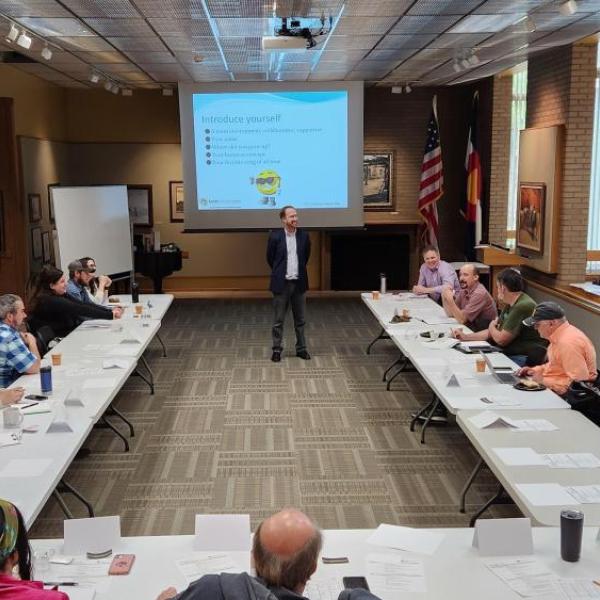
Dear Latrice,
We also love...
Haynes | Lakewood, CO
That’s why we’re developing tools to prevent youth suicide.
Campus Location

This comprehensive approach includes screening, assessment, safety planning, and referrals, addressing a crisis that demands immediate action. With funding from the National Institute of Mental Health (NIMH), researchers are launching a formal study to evaluate the program’s impact by recruiting primary care providers.
Bruno Anthony, PhD, chief of psychology at Children’s Hospital Colorado’s Pediatric Mental Health Institute, leads the initiative. “We train providers and schools in suicide prevention while staying engaged year-round, offering implementation support and helping navigate challenges,” Anthony said. The program also aids practices in tracking prevention efforts through electronic medical records, enabling providers to monitor at-risk youth closely.
Since 2007, suicide rates among 10- to 24-year-olds have surged 62%, with Colorado among the states hardest hit. Data reveals that 80% of youth who die by suicide had seen a healthcare provider within the previous year, underscoring a critical opportunity for intervention. “If these kids are already seeing providers, then those providers are a key part of the solution,” Anthony emphasized.
The program’s partnership model has already proven effective in boosting providers’ confidence and competence in addressing suicide prevention. With NIMH support, researchers are set to assess its broader impact. As youth suicide remains the second-leading cause of death nationally—and the leading cause in some Western states—the program seeks to transform primary care and schools into robust support networks.
This initiative promises to save countless lives by emphasizing social connection, which the U.S. Surgeon General has highlighted as a key protective factor against self-harm.

